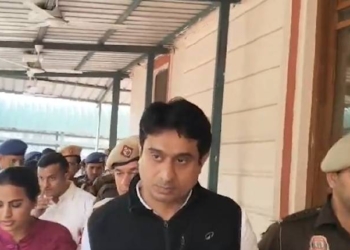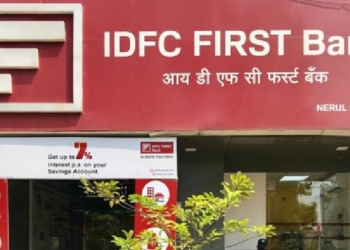New Delhi: The Central Consumer Protection Authority (CCPA) on Tuesday issued an order against IQRA IAS Institute for misleading advertisement and unfair trade practice by advertising misleading testimonials of top-rank holders of the years 2015-2017 in the UPSC Civil Services Exam.
The institute has been asked to discontinue the false claims under the garb of misleading testimonials and a penalty of Rs 1 lakh has also been imposed on it.
It was found in the investigation report by (CCPA) that the testimonials of all India rank (AIR) holders Tina Dabi AIR-1, (2015), Athar Amir Ul Safi Khan AIR-2, (2015), Himanshu Kaushik AIR-77, (2015), Saifin AIR-570, (2017) were hosted by IQRA IAS Institute, which incidentally itself was set up in 2018, thereby deceiving consumers into believing that such successful candidates owe their success to the said institution.
The issue came to the notice of CCPA through the website of IQRA IAS Institute established in 2018 deliberately and falsely claimed through the testimonials of top-rank holders of UPSC CSE in 2015 and 2017 as their students which is factually deceiving.
Therefore, CCPA took suo-moto cognizance and found that along with the aforesaid false claim the institute claimed itself as the only coaching academy to have the best faculty from all around India for providing the best UPSC online prelims test series 2020, thus making it the top UPSC coaching within a year in Pune.
Accordingly, notice was issued to IQRA IAS Institute.
It is imperative to mention that IQRA IAS Institute by making such exaggerated claims not only falsely represented its service by deliberately concealing important information but also conveyed express and implied representation to mislead the class of consumers for deceptively promoting their services. On the other hand, the IQRA IAS Institute nowhere showcased any disclaimer and failed to substantiate other claims made by them.
An advertisement is considered to be valid and not deceitful when it does not mislead consumers by exaggerating the usefulness of the products or services.
Disclosure in the advertisement should not hide the material information and be hard to miss with respect to any claim made, the omission or absence of which is likely to make the advertisement deceptive or conceal its commercial intent.
The department has already issued the Guidelines for Prevention of Misleading Advertisements and Endorsements for Misleading Advertisements, 2022, and has notified framework on Online Consumer Reviews to curb fake, deceptive, and misleading reviews for safeguarding and protecting consumer interest in November 2022.
(IANS)
















